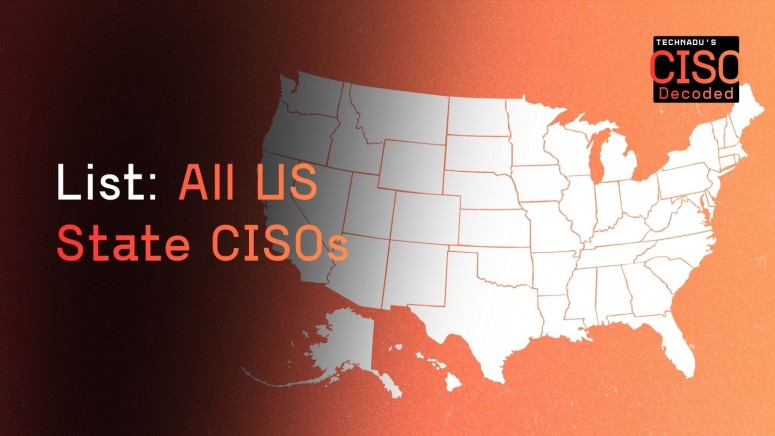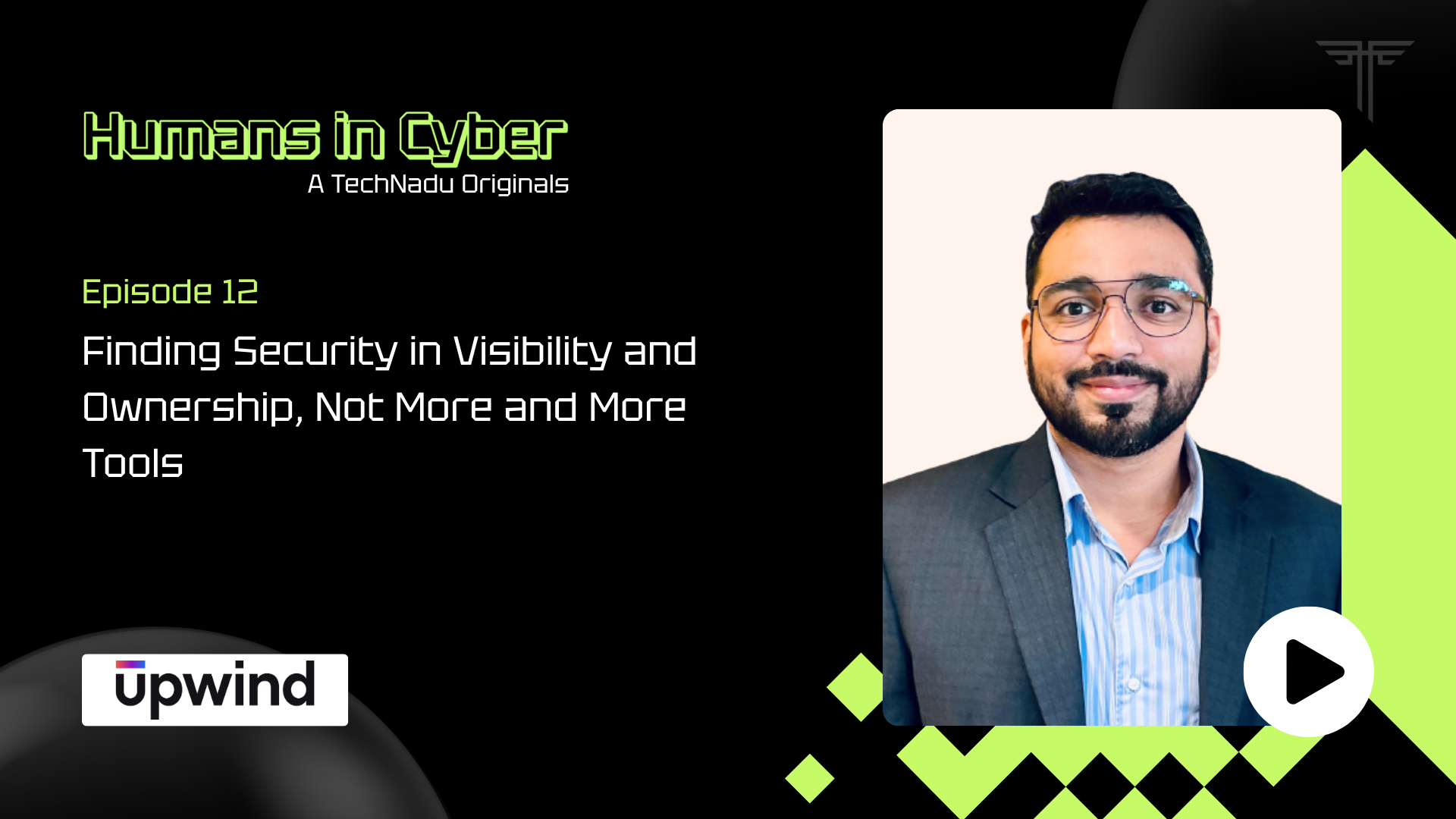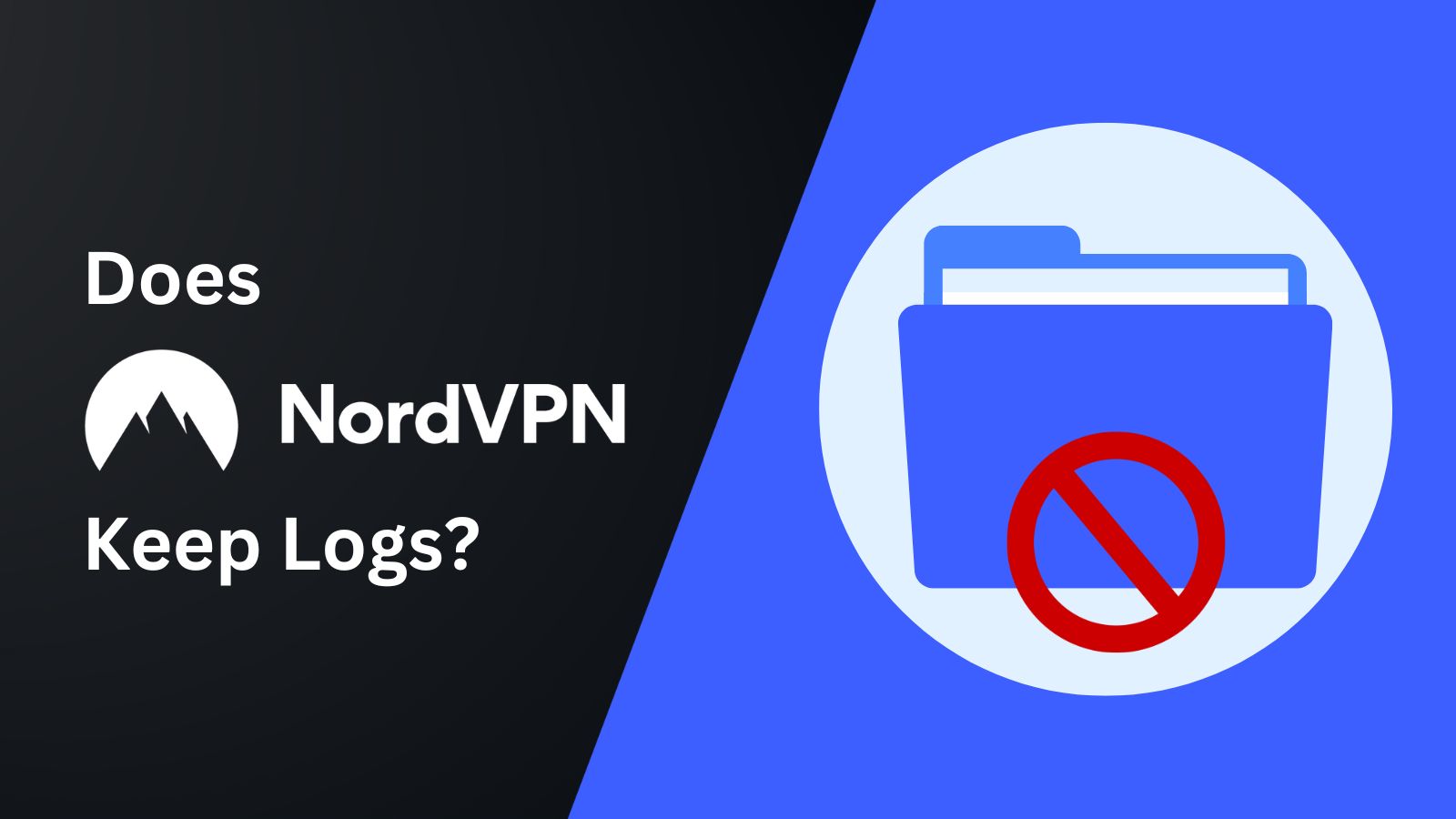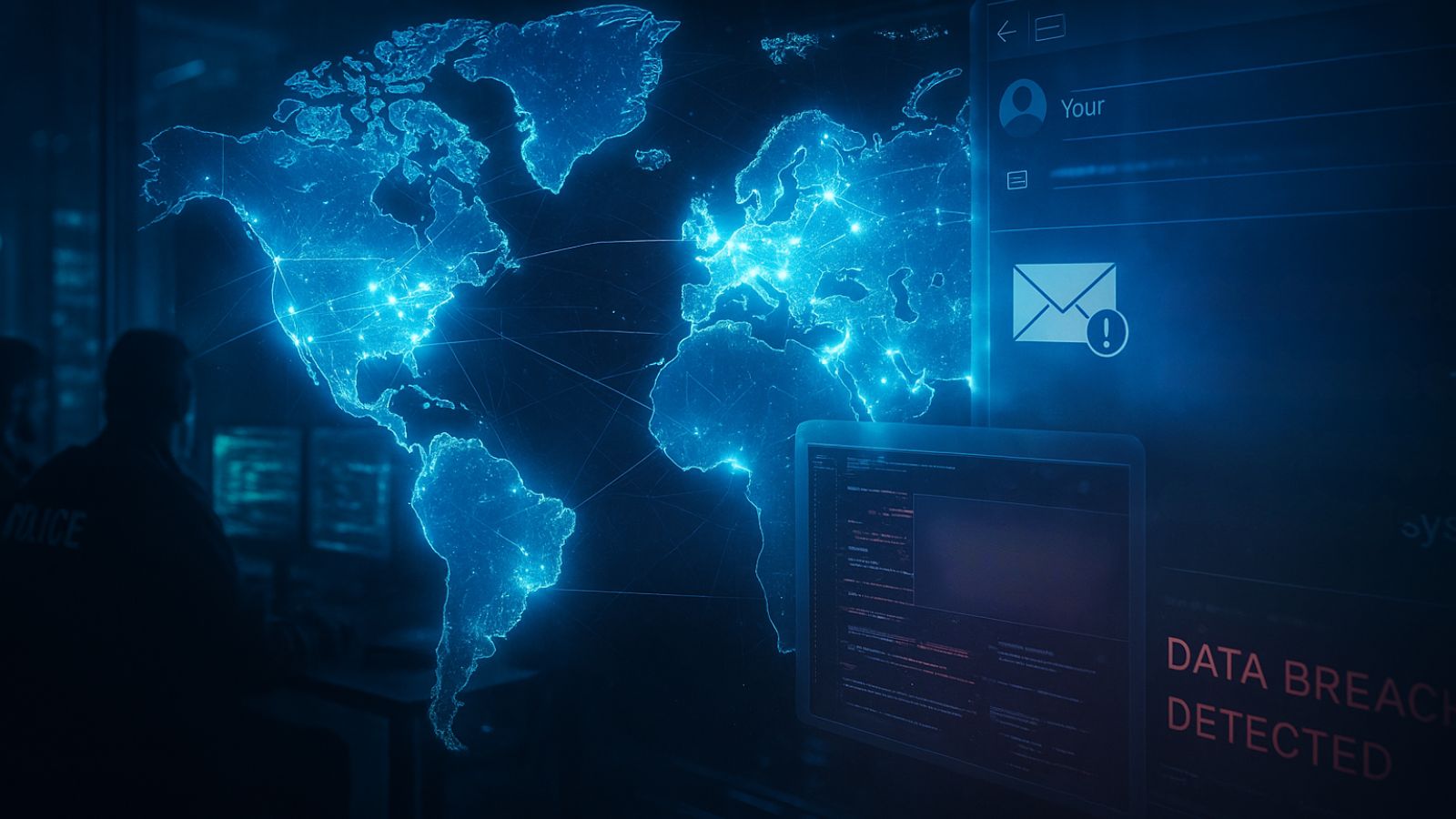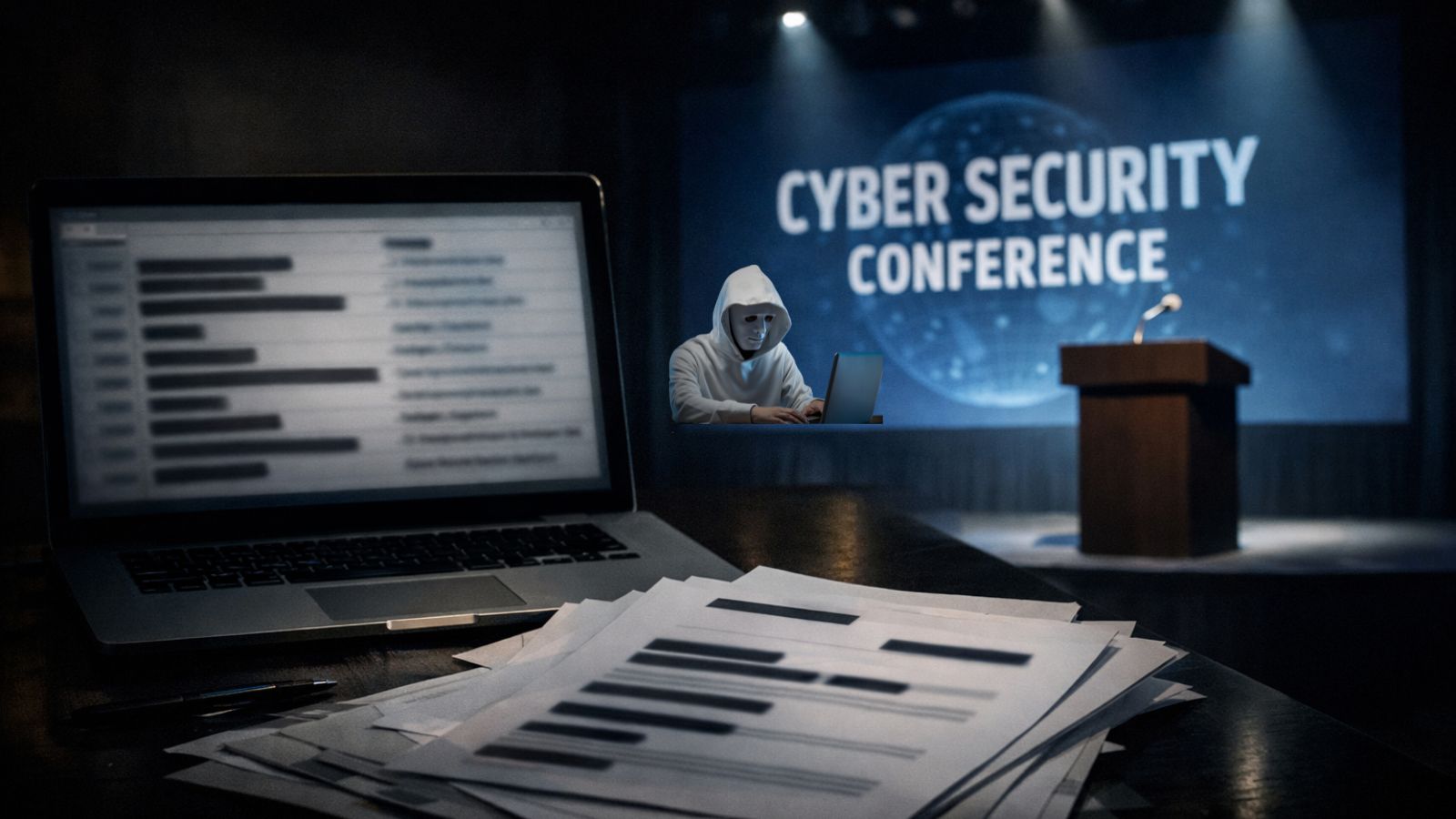
CISO Decoded: Listing the U.S. State CISOs Safeguarding Public and Private Systems
Why do we need defenses? We have gatekeepers. We have gates for protection, which implies that there is something that intrudes upon us.
The intrusion targets not just people but data related to people, health, finances, and national security. It is manipulated to extort and impersonate for further exploitation, which seeks defenders of the state.
The United States of America appoints CISOs for its states, which gives them not only the responsibility of monitoring cybersecurity but also allows faster response to threats.
In this series, we spotlight the CISOs who defend both government and enterprise systems, from the 50 U.S. state cybersecurity leaders to the organizational CISOs responsible for protecting business networks and guiding incident response.
They form a team of countless defenders, including analysts, engineers, threat hunters, researchers, and policy leaders. And work closely with state IT teams, technology leaders, public-safety agencies, federal cybersecurity partners, and local governments following their duty of safeguarding data and trust.
We are committed to bringing their mission up via our platform to not just to celebrate their diligence but also to create greater awareness about cybersecurity, threat landscape, and incident response.
Here are all 50 U.S. States along with their CISOs:
We want to build a community that reflects every part of the CISO experience. The goal is to understand how they work, because having security systems is not enough. There is still a need for clear awareness. People should know what a CISO and other defenders do, why their decisions matter, and how to communicate with them so they can protect data effectively.
CISO Decoded was created to bridge that gap. In this series, we speak with security leaders to show how they approach their work in real environments, what they prioritize, and how those decisions shape the security of organizations and governments.
We explore how CISOs across enterprises, state agencies, and national infrastructures defend systems that hold the most sensitive data people trust them with.

